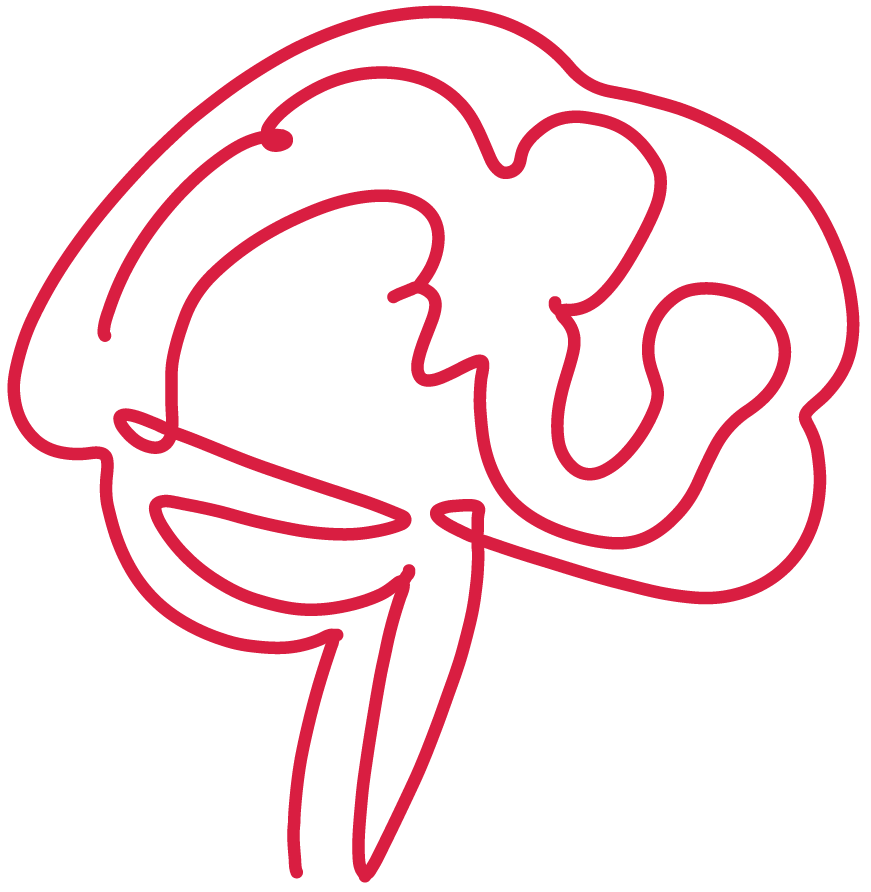
Are athletes more prone to mental health issues
compared to non-athletes?
- Injury and overtraining – physical injuries, especially career-threatening ones, can lead to psychological distress, anxiety, and depression. Overtraining and burnout further exacerbate these issues. It is important that coaches, trainers, and team physicians structure an athlete’s training program carefully to allow adequate recovery and avoid overtraining, while at the same time always looking out for signs and symptoms of burn out.
- Pressure to constantly perform at peak levels, be it in team or individual sports, coupled with fear of failure, creates significant mental and emotional strain.
- Public scrutiny – professional and elite athletes are often under intense media and public scrutiny, which can lead to anxiety and self-esteem issues. These days, they also face increasing amounts of “cyber-bullying” on social media.
- Stigma and barriers to seeking help may be particularly worse for athletes. There is the fear of being perceived as weak, and concerns about the impact on their careers. Poor mental health literacy and negative past experiences with mental health care can also keep them from seeking help or accessing it even when available. This reluctance to seek support underscores the need for stigma reduction and education in athletes, coaches, medical team, managers, parents, and everyone involved.
- Organizational stressors – factors such as coaching expectations, team dynamics, and relocation can contribute to stress and mental health challenges.
In general, the existing scientific literature finds that elite athletes have about the same risk for mental health disorders as the general population, though certain issues are slightly more prevalent in athletes. Though not meeting criteria for actual mental health disorders based on the Diagnostic and Statistical Manual for Mental Disorders 5 (DSM-5), athletes do frequently experience mental health symptoms that can still lead to difficulty in functioning in daily life. These include anxiety, depression, sleep disturbance, alcohol and substance abuse, and disordered eating.
Meta-analyses reveal that 19% of current elite athletes experience alcohol misuse, 26% report sleep disturbances, 34% suffer from anxiety and depression, and 19.6% experience distress. These rates are comparable to or slightly higher than those observed in the general population. Factors such as musculoskeletal injuries, performance decline, maladaptive perfectionism, and intense public scrutiny all contribute.
Read more about various mental health disorders and issues in athletes based on a seminal consensus statement issued by the International Olympic Committee in 2019.
Sources:
- Gouttebarge V, Castaldelli-Maia JM, et al. Occurrence of mental health symptoms and disorders in current and former elite athletes: a systematic review and meta-analysis. British Journal of Sports Medicine. 2019;53:700-707.
- Rice SM, Purcell R, et al. The mental health of elite athletes: a narrative systematic review. Sports Medicine. 2016;46:1333-1353.
Disclaimer – the information on this website does not constitute medical advice. No doctor-patient relationship is formed. Please seek the attention of a qualified medical professional for your concerns.

Expert Psychiatric Services tailored for athletes and those with active lifestyles, serving California and Nevada.
NEWS
Stay up to date on news and blog posts by subscribing to the ESMH newsletter below: